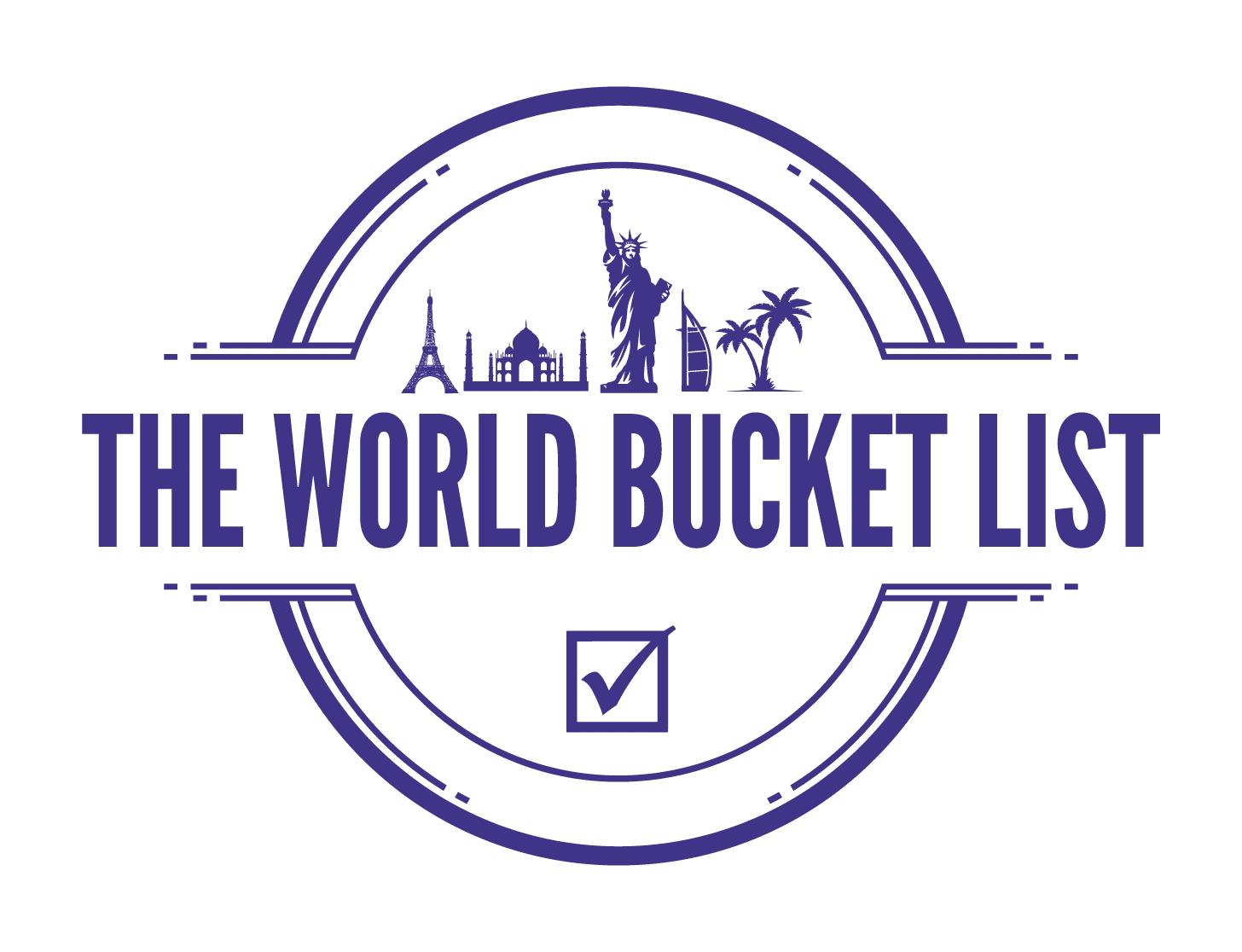In a world where social media encourages us to ‘live our best lives’ and quit our jobs to travel, it is easy to see why many are eager to visit bucket list destinations worldwide.
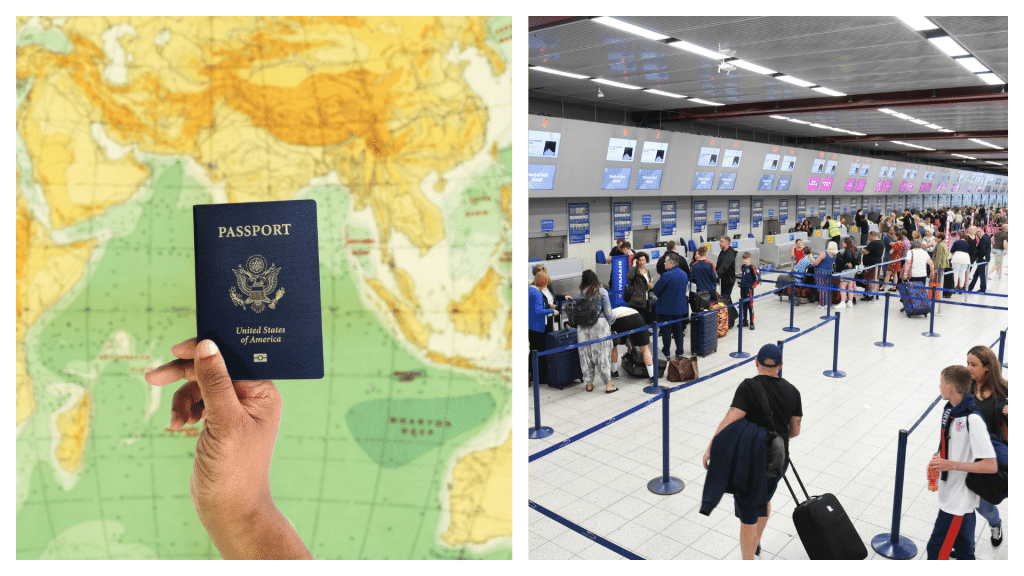
Every day, we are bombarded with content showcasing mind-blowing locations across the globe, but have we ever stopped to consider the disadvantage of not having a passport available to everyone?
We will explore the divides in global mobility by looking at the world’s most powerful passports compared to some of the world’s weakest, which restrict holders from crossing borders.
Let’s dive in!
Privilege of passport – strong vs weak
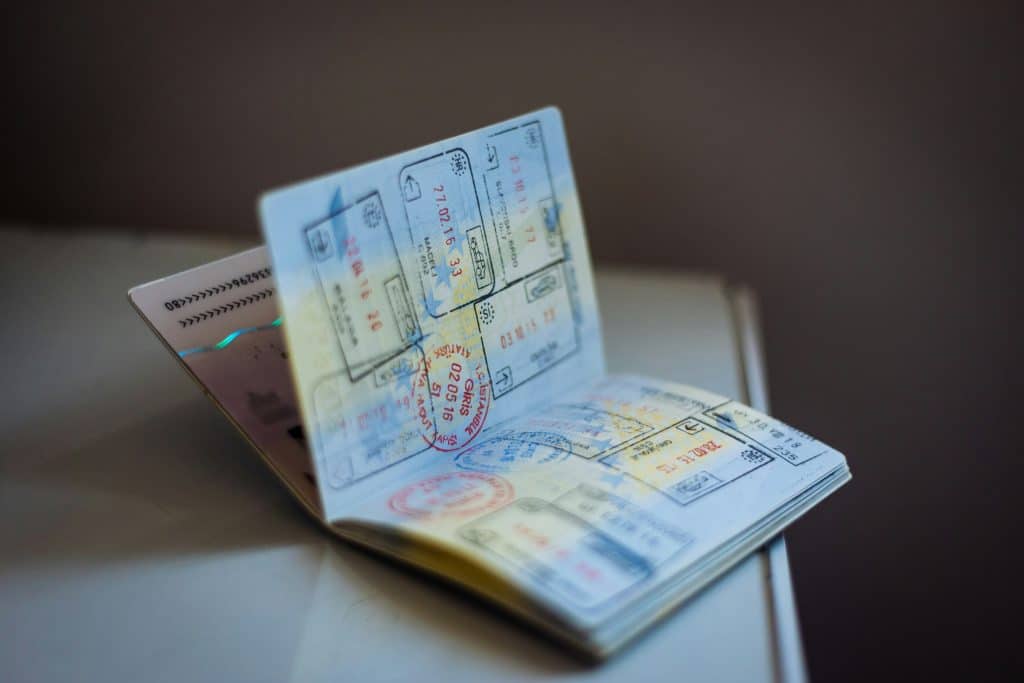
If you rarely need to apply for visas and can easily travel without much planning, you can count yourself among the lucky few to hold a powerful passport.
Many of those with these travel privileges don’t often stop to think about it; after all, it is just normal, yet it might come as a shock to see that there are plenty of unequal opportunities in the world of travel.
For example, have you ever stopped to think about the common nationalities that wander the world, from Europeans and North Americans to Japanese and Australians?
But what about all other nationalities worldwide? Is it easy for them to visit these bucket list destinations or even fly abroad to visit family and friends in different countries? No, sadly, not everyone has the privilege of a passport, and this is becoming increasingly worse.
Passport index – the world’s strongest passports
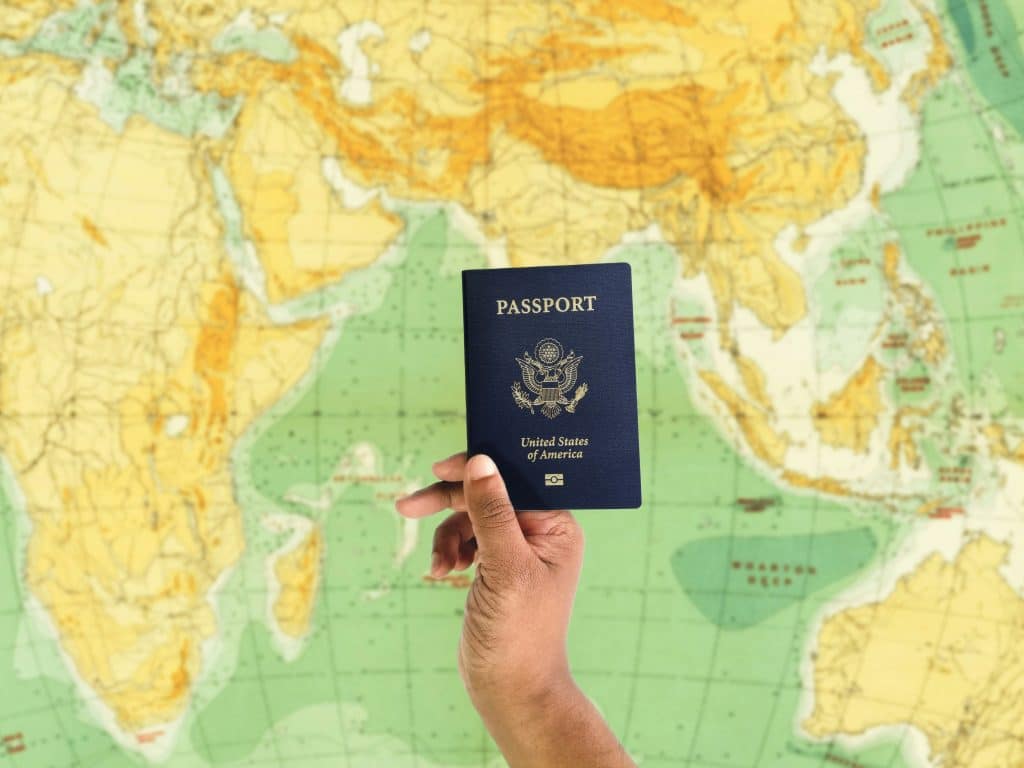
According to the Henley Passport Index, the world’s strongest passports include France, Germany, Italy, Japan, Singapore, and Spain.
These countries can access 194 countries worldwide visa-free or visa–on–arrival, which, let’s face it, is most of the world. In comparison, the weakest passports are Afghanistan, Syria, Iraq, Pakistan, and Yemen, all of whom can access 28 – 35 countries worldwide.
This detailed list of countries ranked by strongest to weakest passports gives us a glimpse into the divides in global mobility, proving that not all passports are created equal.
Regarding work opportunities, many developed countries also have agreements to allow each other’s citizens to work and travel, which is apparent with the Working Holiday Visas, Sponsorship Visas, and Student Visas.
Still, the same cannot be said for underdeveloped countries, which are continuously left behind.
Developed vs less developed countries – not all passports are not equal
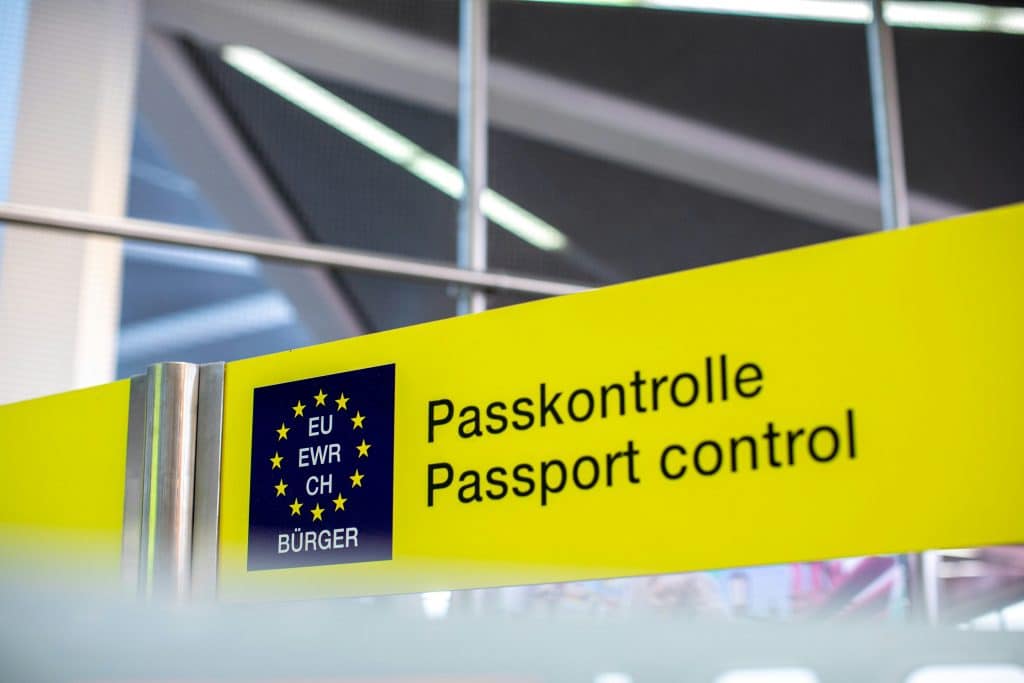
We have established that not all passports are equal, as the detailed Henley Passport Index, updated annually, demonstrates. When it comes to global mobility or the lack thereof, we cannot help but notice differences in how we refer to people from certain countries.
While people who relocate from developed countries in the European Union, Asia or the United States are commonly referred to as expats, foreigners, or even digital nomads, it’s hard to ignore that those who migrate from South America, Africa or The Middle East are often referred to simply as ‘migrants’.
Is this stark divide down to the less ‘valuable’ passports?
When we consider using a passport, it is clear that this government-issued document is our pass to freedom, a way to cross a border legally. Yet, while some passports allow citizens to do this easily, others don’t. Is this fair?
Of course, the passport as we know it is a recent invention, and of course, none of the archaic people needed a passport to cross a ‘border’ thousands of years ago. The passport was only introduced in the mid-20th century to prove citizenship and allow visa issuance.
While many people from developed countries can obtain visas upon arrival or visas at embassies are relatively hassle-free, the sad fact is that others do not have the luxury.
The Right to Freedom – possessing a passport
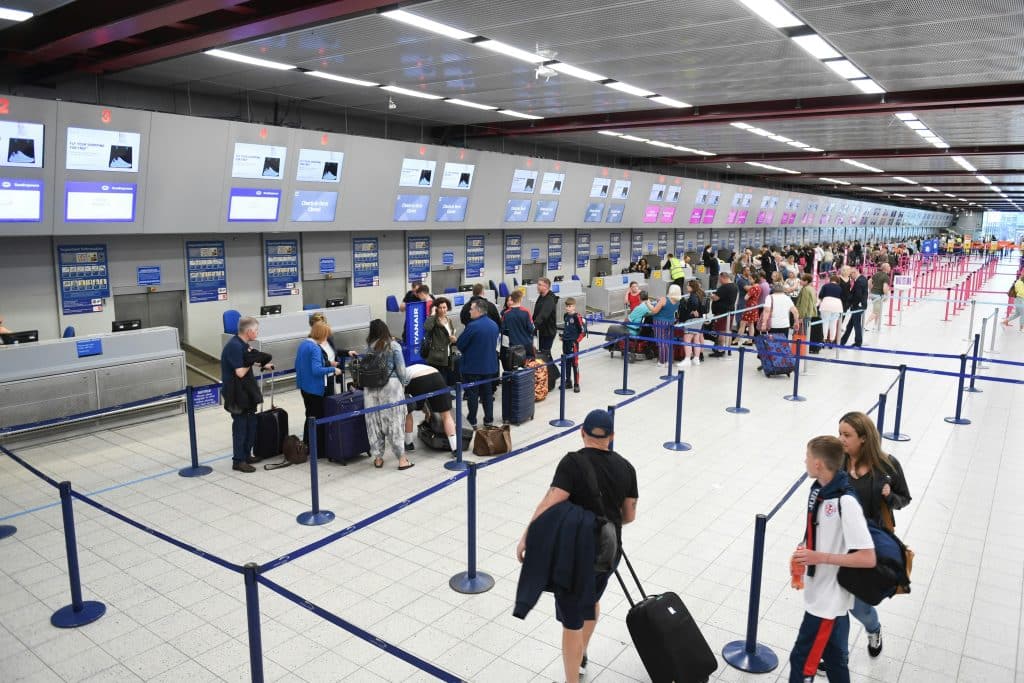
It is one thing to have a powerful passport that allows for global travel with visa-free access, but what if you do not have a passport? If you are from a developed country, you can easily apply for a passport; it is your privilege.
However, obtaining a passport is not always easy if you are from a developing country, and thus, you have less travel freedom.
While people who hold passports from more developed countries are not likely to be seen as potential immigrants from countries with strong economies, those who wish to travel from unstable or poorly developed countries are often heavily vetted before being allowed access to a country.
Visa policies have developed over time, allowing for the regulation and control of people moving in and out of a country, with a stark increase in global mobility over the past 40 years.
However, despite these visa advancements, only some have benefited. Visa waivers and visa-free arrival policies have allowed plenty of people access to various countries.
Still, these waivers are becoming increasingly unequal, resulting in a considerable divide in global mobility. Yes, having a passport can be a privilege, but it does not always give you the same freedom, which needs to change.

